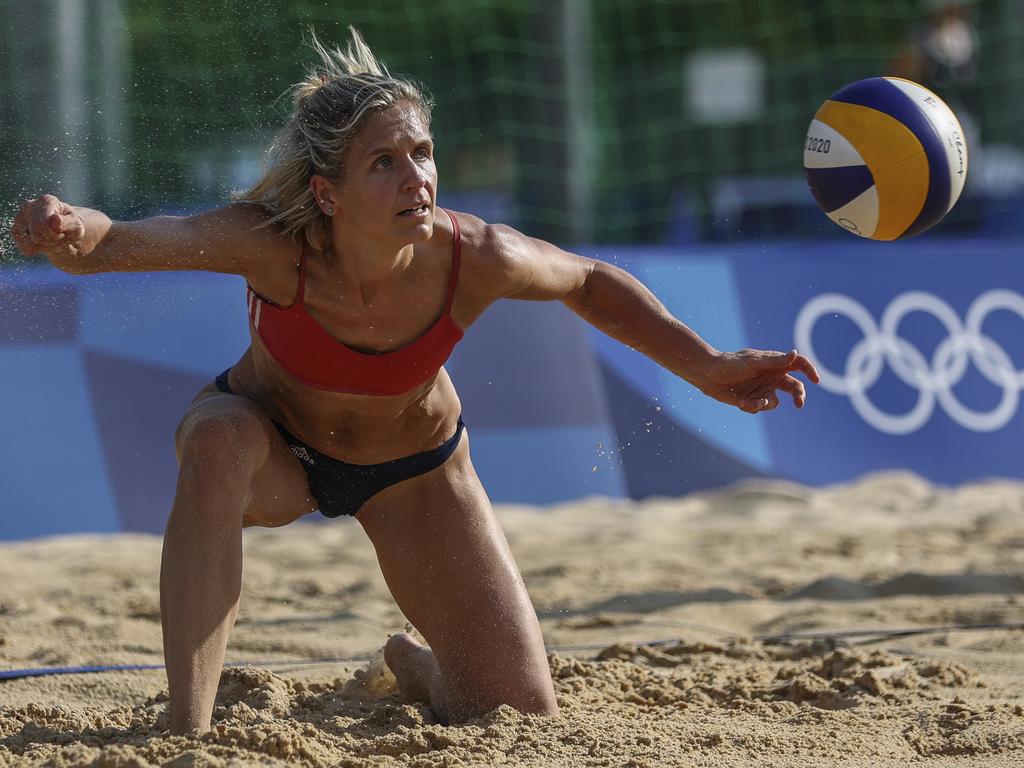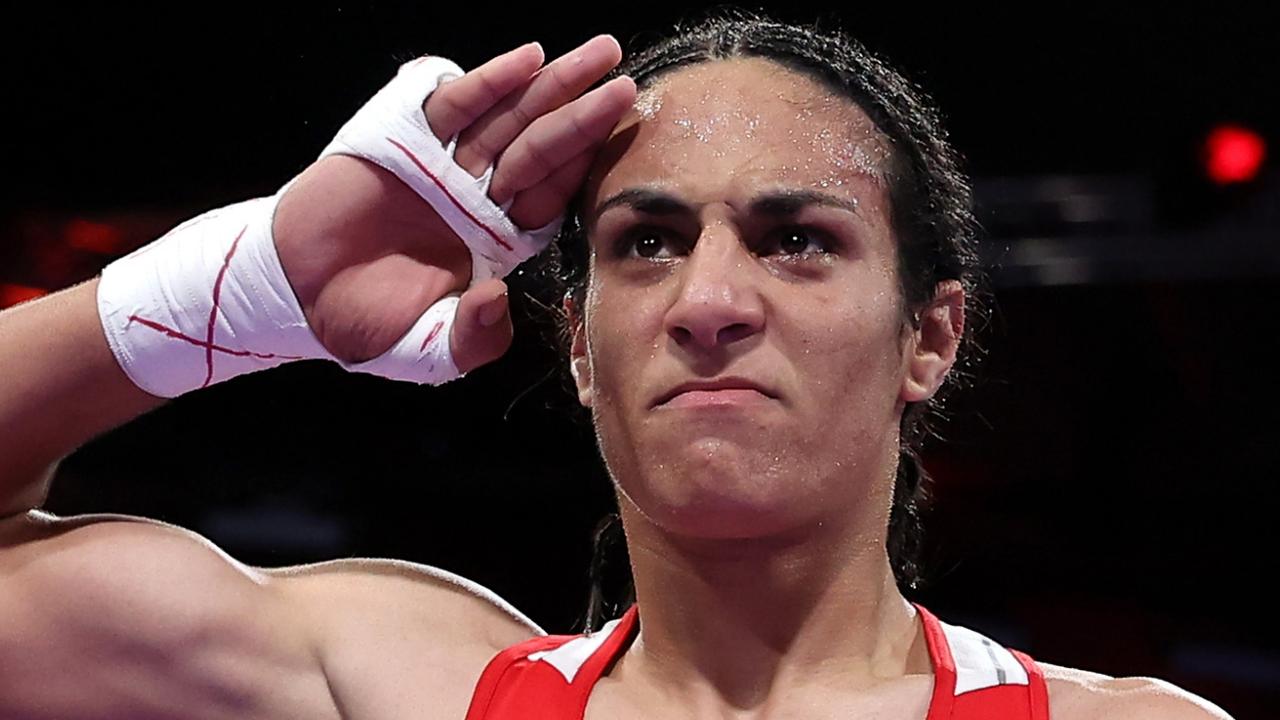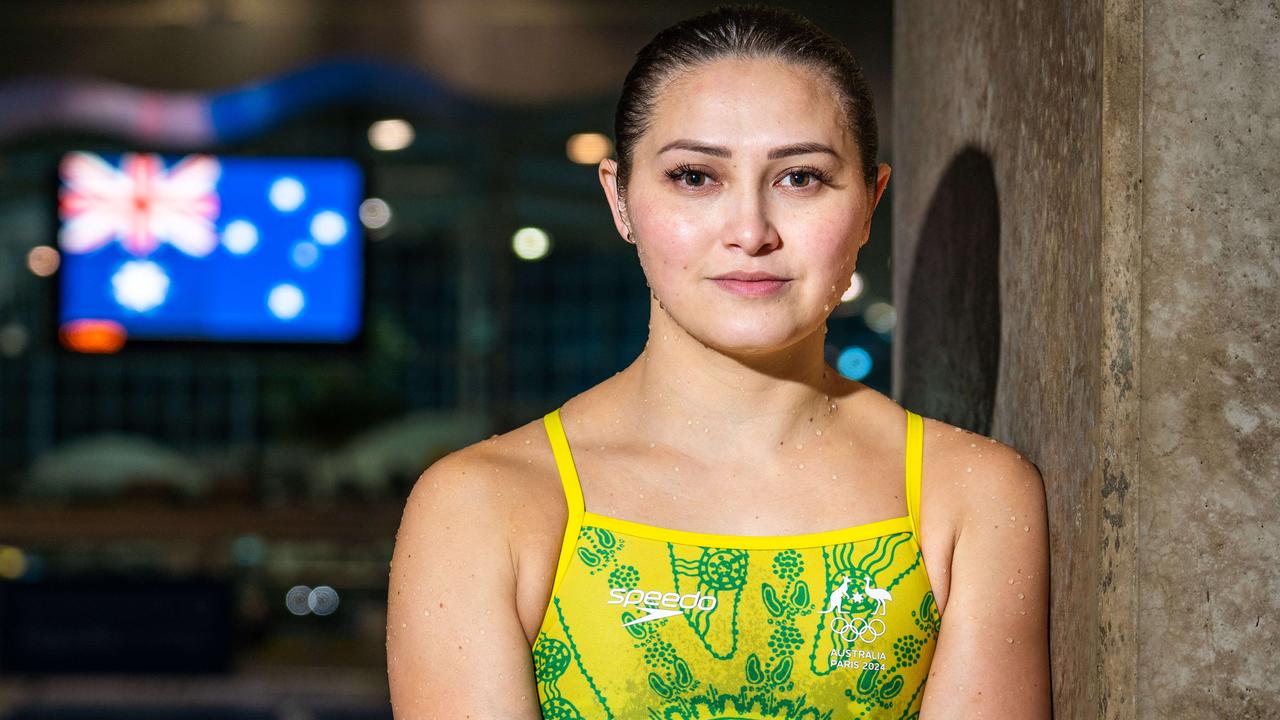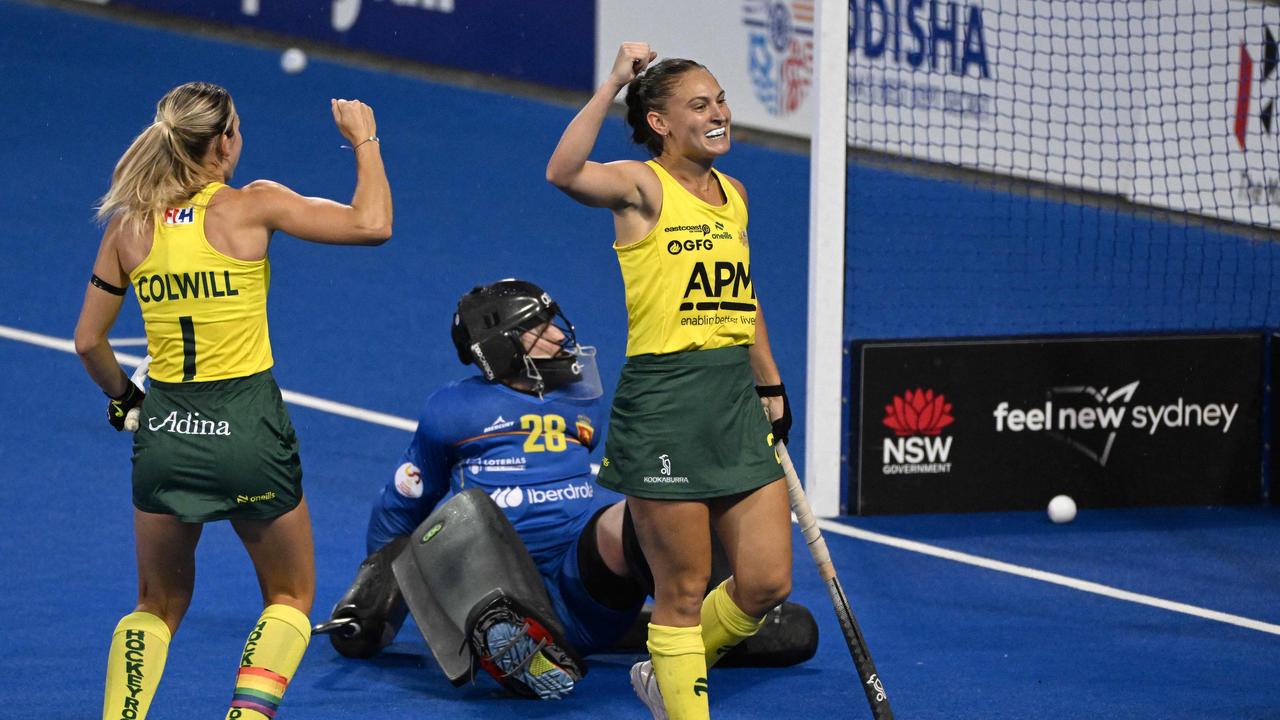Bikini scandal puts treatment of women in the spotlight at Tokyo Olympics
Furores around outfits and inappropriate sexist remarks before the Olympics mean the heat is on Tokyo to deliver for its female athletes.

A series of recent uniform scandals in women’s sport has put the spotlight on the Tokyo Olympics to ensure female competitors are treated with the respect they deserve.
British Paralympian Olivia Breen recently called out an official who said her competition briefs were “too short and inappropriate” and Norwegian beach handball players were fined for not wearing bikini bottoms during competition.
While most outfit regulations are determined by the international governing bodies of individual sports, the Olympics still have a vital role to play in setting an example regarding the treatment of female athletes.
Victoria University’s Professor Clare Hanlon, the Susan Alberti Women in Sport Chair, says the visibility and profile of the Games mean they need to be seen standing up for female competitors.
“Girls who are interested in being elite athletes, they’re seeing role models in the Olympics. What’s really important for them is not only what women wear, but also how they’re treated, how comfortable the women feel themselves, also showcasing how comfortable the women feel being an athlete and what systems are in place from an organisational perspective to help encourage these women,” Dr Hanlon said.
“The visibility of the Olympics, the visibility of women who are elite athletes, is key to not only girls but also to society as a whole. For the Olympics to get it right, they become role models for international federations, national federations … and the importance that the Olympics provide to show the inclusivity and diversity that’s needed, it needs to get it right.
“It’s vital that athletes, regardless of gender, feel comfortable in what they wear. And the Olympics, as well as other international events, promote inclusivity, they promote diversity.”

Dr Hanlon said female athletes are sometimes forced to adhere to “archaic” rules around outfits, such as the case of the European Handball Federation slapping the Norwegian team with a fine for wearing shorts instead of bikini bottoms.
Tokyo Olympics organisers have boasted about a record number of female participants as women make up nearly 49 per cent of the total number of competitors, while more mixed-gender events were added to the schedule in Japan, including extra relay events in swimming and athletes.
When those changes were announced in 2017, International Olympic Committee sports director Kit McConnell the Tokyo games had “taken a really important step forward in terms of gender equality”.
However, that step hasn’t always been obvious. The former head of the Tokyo 2020 Olympic organising committee, Yoshiro Mori, was forced to resign in February after making sexist comments suggesting women talk too much in meetings.
Then in March, the Games’ creative director Hiroshi Sasaki stood down after making derogatory remarks about a female Japanese celebrity.
Meanwhile, Spanish synchronised swimmer Ona Carbonell hit out at the strict rules imposed on athletes to protect their biosecure bubble, which prevent her from breastfeeding her son because family members aren’t allowed inside the Village.
As the Olympics get underway, the pressure is on Tokyo to avoid further black marks and set the tone for how women should be treated.
“It’s the Olympics that become the role models for other international and national events and to get it right there, that’s what we need,” Dr Hanlon said.




